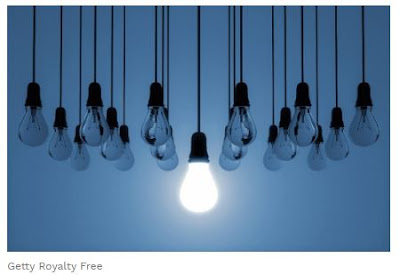COVID-19 Will Fuel the Next Wave of Innovation
Black swan events, such as economic recessions and pandemics, change the trajectory of governments, economies and businesses — altering the course of history. The Black Death in the 1300s broke the long-ingrained feudal system in Europe and replaced it with the more modern employment contract. A mere three centuries later, a deep economic recession — thanks to the 100-year war between England and France — kick-started a major innovation drive that radically improved agricultural productivity.
Fast forward to more recent times, the SARS pandemic of 2002-2004 catalyzed the meteoric growth of a then-small ecommerce company called Ali Baba and helped establish it at the forefront of retail in Asia. This growth was fueled by underlying anxiety around traveling and human contact, similar to what we see today with Covid-19. The financial crises of 2008 also produced its own disruptive side effects. Airbnb and Uber shot up in popularity across the west as the subprime crises meant lower savings and income for the masses, forcing people to share assets in the form of spare rooms and car rides in order to cover for the deficit. Doubling down on this trend, videogame business models rapidly changed as well, with 2011 seeing the rise of the free-to-play business model, thanks to Nexon in Asia and King in the west.
With Covid-19, we are already seeing early signs of a shift in how consumers and businesses behave. Remote working is being encouraged by tech and non-tech companies alike, airline profitability is getting impacted by low seat occupancy, supply chains are getting disrupted globally and retail stores are running out of ibuprofen, dry goods and toilet paper en masse. Some of these changes are direct, short-term responses to the crises and will revert to regular levels once Covid-19 is contained. However, some of these shifts will continue on, creating a long-term digital disruption that will shape businesses for decades to come.
The three dimensions of impact
Pandemics have a direct impact on biological, psychological and economic dimensions. Its intensity varies depending on the mortality and morbidity rate of the pathogen at hand, as well as the time it takes for it to spread.
For Covid-19, the biological impact has been quick to escalate and has been the hardest-hitting for the elderly. The psychological impact can be observed in stock markets across the world – investors are underconfident about the future as the information on the spread of Covid-19 and its impact on global productivity is at best incomplete and at worse, incorrect. The global population is also facing psychological impact, with low morale and increased isolation as human contact and freedom to travel are getting heavily curtailed.
Last, but definitely not the least, the economic impact has been significant. In the short term, the supply of various essential products has been disrupted and the demand for various products and services have dropped off. If this continues, Covid-19 could very well affect global GDP negatively.
Read the rest of the article: COVID-19 Will Fuel the Next Wave of Innovation
#InThisTogether #WomenMentoringWomen #womenpreneurcollective #leadingladybosses











Comments
Post a Comment